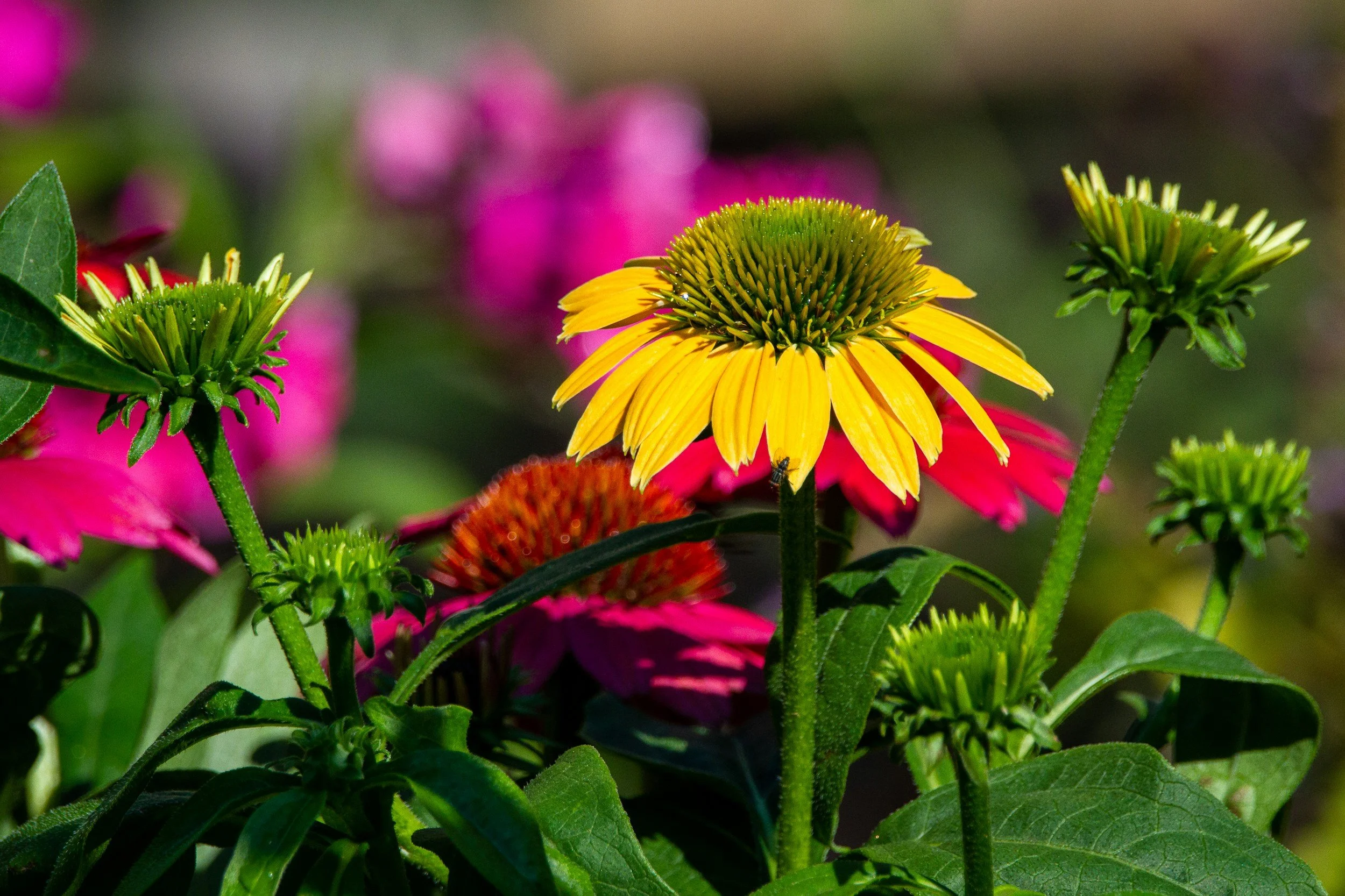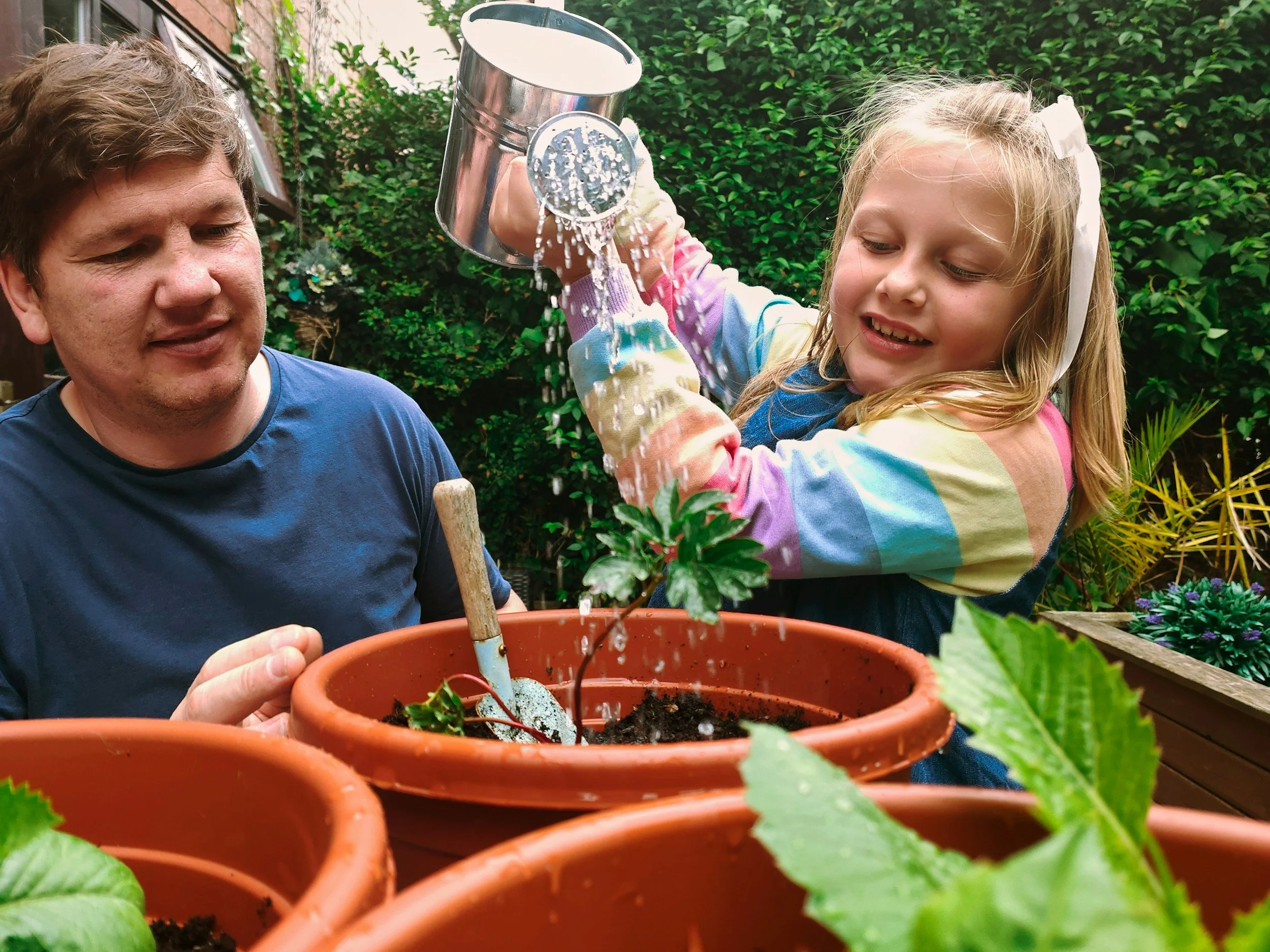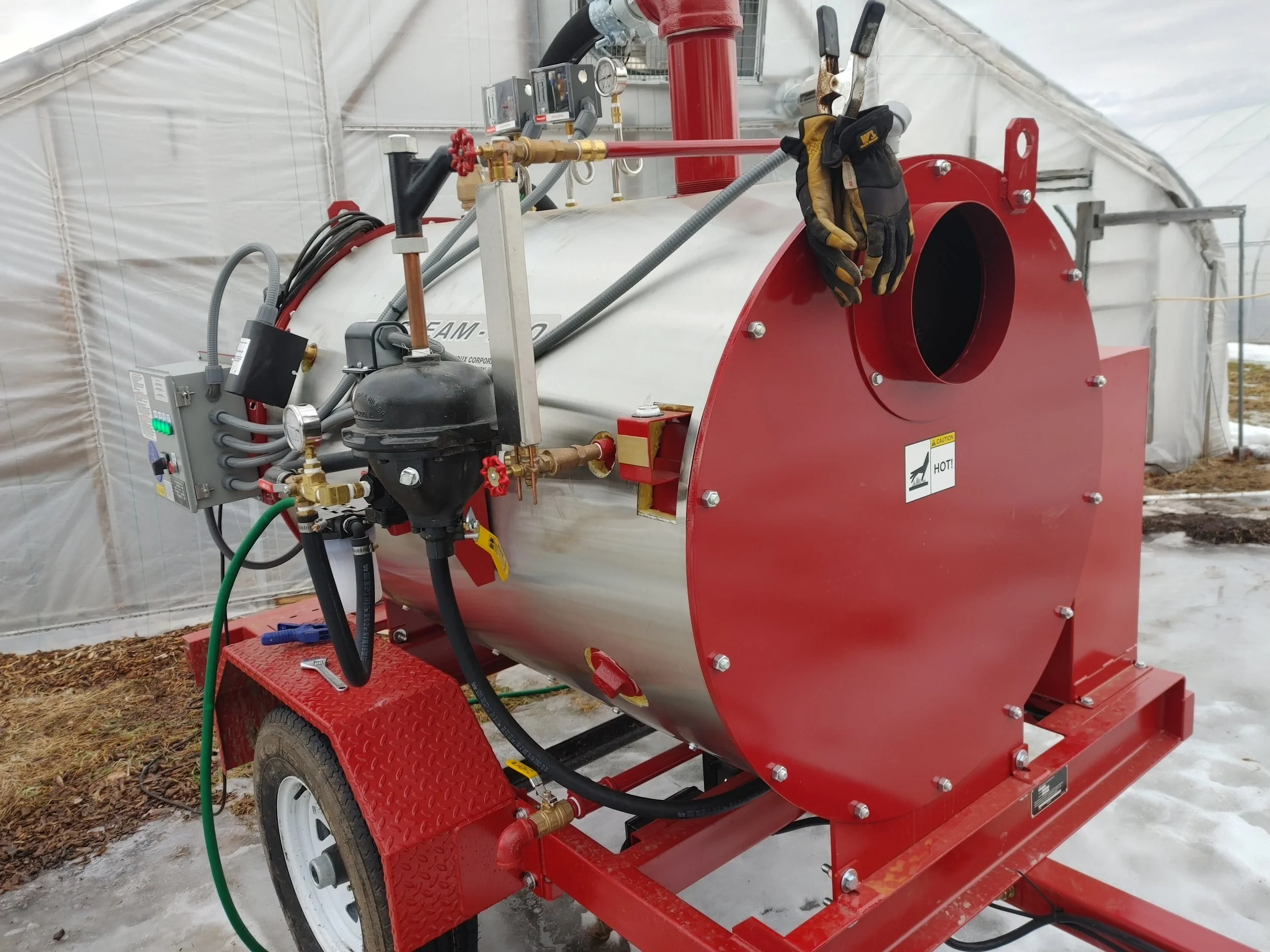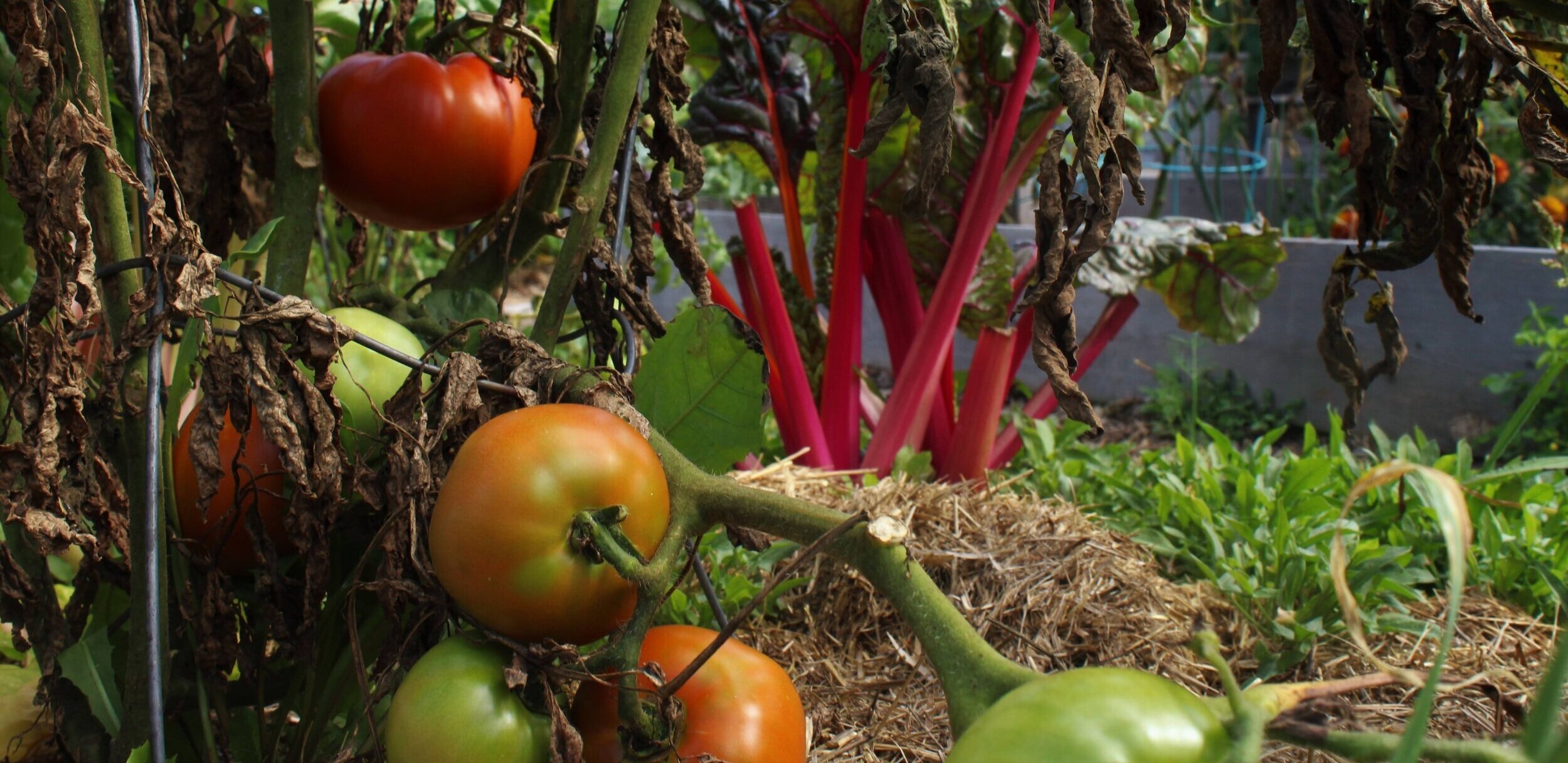
Agriculture
YardScaping Made Easy!
Apply for a Free Site Visit and Expert Recommendations
Through a grant, District staff are able to provide free site visits, soil tests, and recommendation reports to residents, businesses, and public entities. Examples of conservation recommendations include:
Rainwater harvesting for watering gardens
Creating vegetative buffers along waterbodies
Safe gardening practices with lead-contaminated soils
Improving soil health
Creating pollinator and wildlife habitat with native plants
These practices help to manage stormwater, replenish groundwater, reduce air pollution, and provide other benefits to the environment, our health, and our wallets.
Interested parties should fill out the YardScaping Technical Assistance Application. Requests will be considered according to grant requirements and until grant funds are depleted.
Parking Lot Demonstration Sites and Workshops
Want to learn about YardScaping techniques before implementing them yourself?
The District has also received grant funding to implement YardScaping demonstration sites right here in the District parking lot. These sites are aimed at providing education to residents, businesses, municipalities, and partners by illustrating conservation techniques that can easily be utilized in one’s own yard.
Agriculture in the Classroom
Agriculture in Cumberland County thrives in many ways.
We offer lessons with aquaponics, hydroponics, or a composting garden tower to grow plants to educate students about biogeochemical cycles, soil, water, and agriculture.
Check out our classroom agriculture materials to see what the next generation of farmers are learning!
These activities are made possible with a generous grant from the Maine Outdoor Heritage Fund.
Soil Steamer Available for Short-Term Rental
Broadturn Farm | Scarborough, ME
Soil steaming serves as an alternative method to treating diseases or weeds that lie dormant in the soil during the winter. By pressing steam into the soil to the desired depth, it becomes sterilized of anything that may make the growing season burdensome, without long term effects on the beneficial living parts of the soil.
This soil steamer is available interested users with a rental period of one week. For first time users the fee is $250 for unlimited uses, returning users will be charged $100 per session/high tunnel.
Interested? Contact John Bliss, Co-Owner of Broadturn Farm: (207) 329-3840 or ohgono@gmail.comNatural Resources Conservation Services - Maine
U.S. Department of Agriculture
The USDA Natural Resources Conservation Service (NRCS) provides leadership and technical assistance to address natural resource conservation issues on private land throughout the United States. NRCS employees work to improve and protect natural resources in partnership with Maine's 16 Soil and Water Conservation Districts, federal, state and local agencies, farmers, landowners and communities.
NRCS programs take a voluntary, incentive-based approach to private land stewardship and conservation. These programs include cost-share programs which reduce the cost to residents, agricultural producers, and woodlot owners who are implementing, maintaining, and improving conservation practices. Through cost-share programs, NRCS and producers invest in solutions that improve agricultural operations while conserving natural resources and ecological function.
The District works closely with the NRCS Scarborough Field Office to improve and protect natural resources while supporting the long-term sustainability of food production in Cumberland County. This long-standing partnership leverages the expertise and resources of both organizations to provide comprehensive, innovative, locally-led program delivery.
Soil Lead Contamination
-
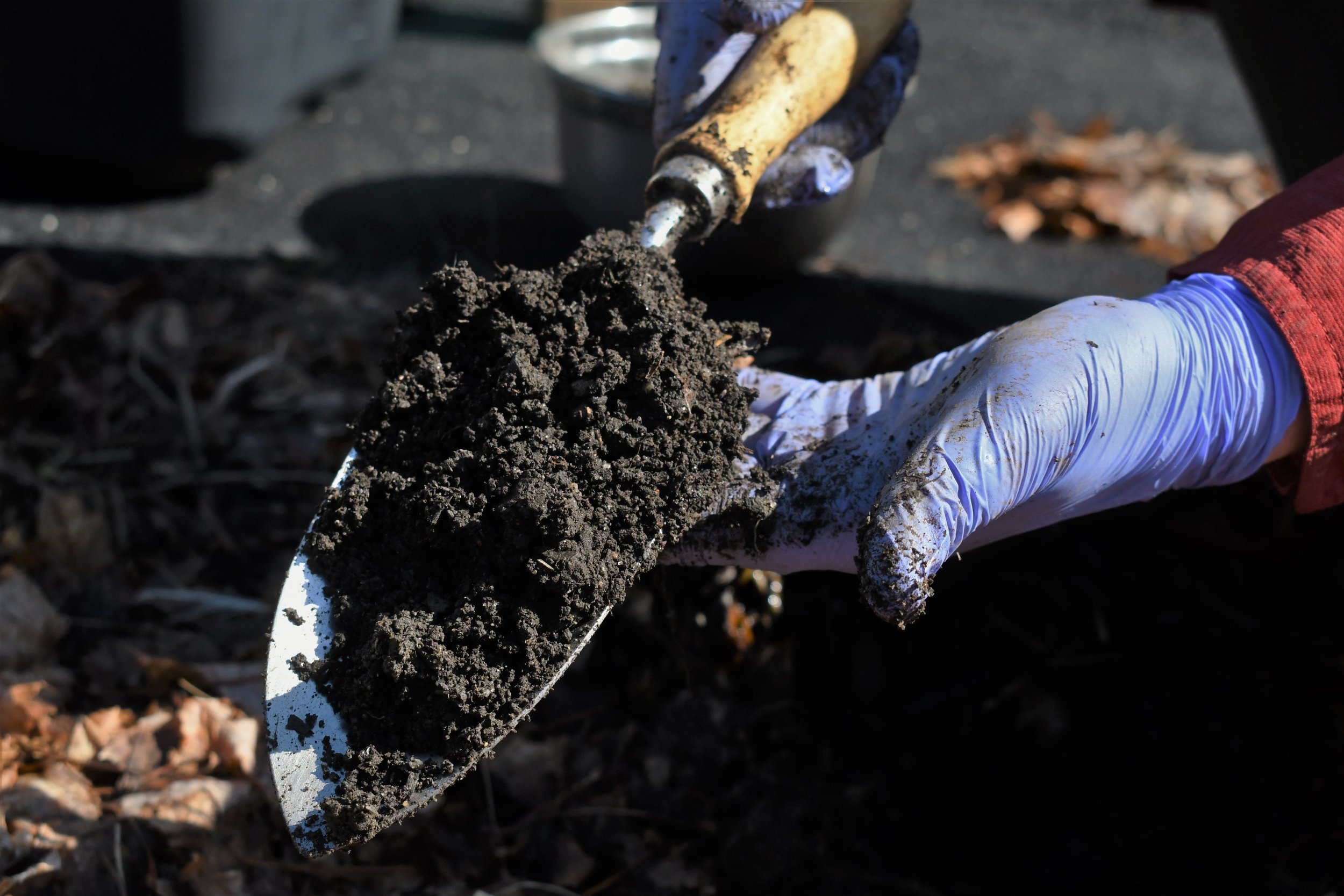
Soil Lead Testing
Soil testing is an important first step to determining the safety of your soil. If you would like to test your soil, please request a soil testing kit from the District or your local Cooperative Extension office.
Once you have taken your soil test, please mail it to the University of Maine Soil Lab. The lab charges $20 for a standard test, which provides you with your soil pH, nutrient levels, organic matter, and a lead scan.
-
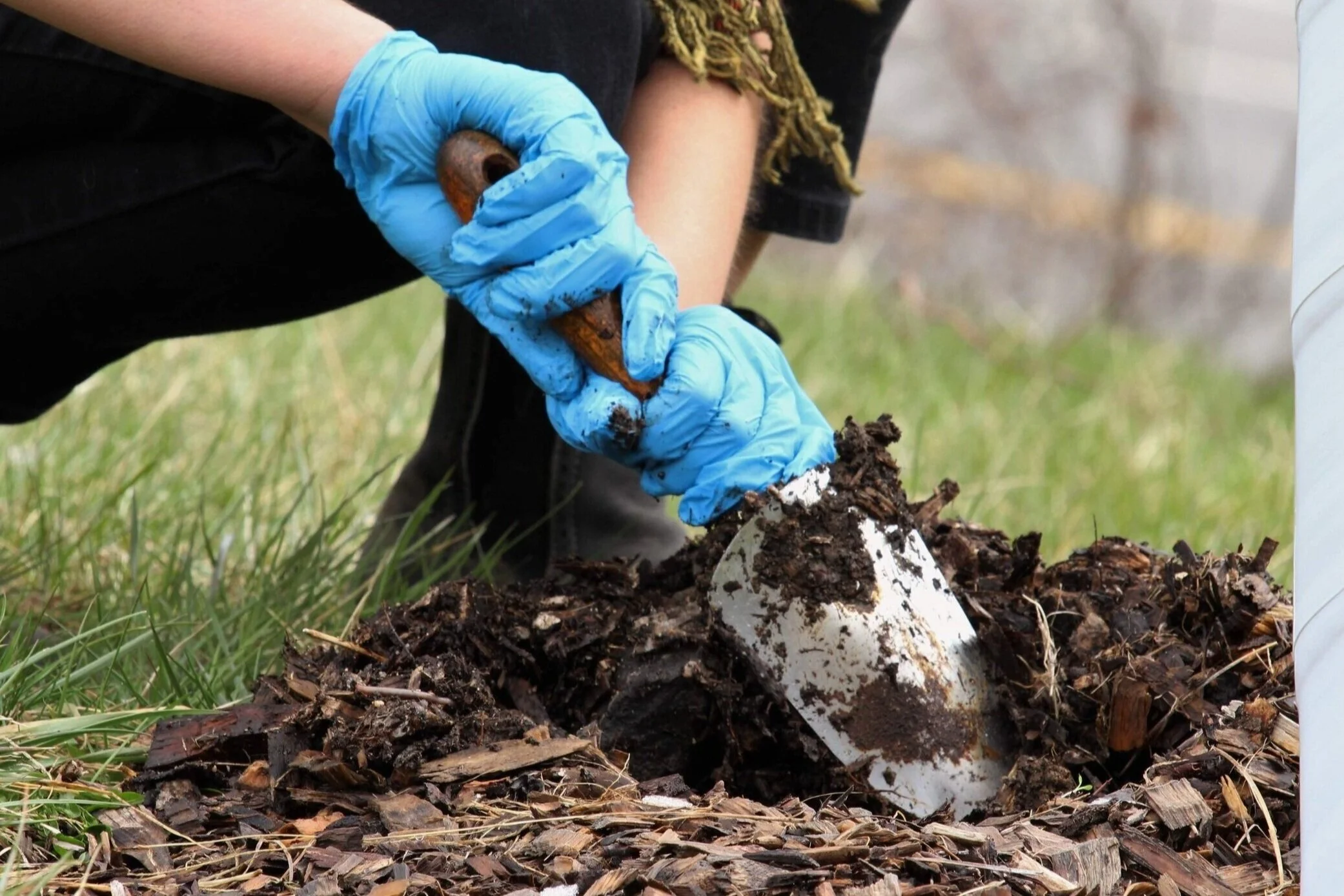
Learn More
Factsheets are available in English, French, Arabic, Lingala, and Portuguese.

